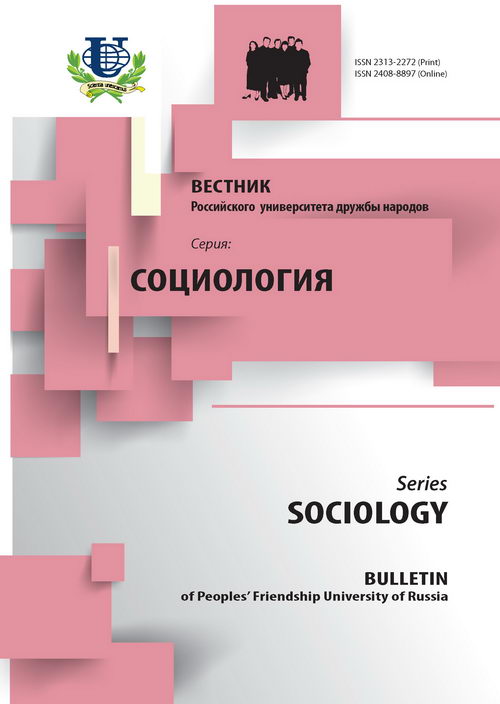Peculiarities of the organizational behavior of Russian doctors
- Authors: Puzanova Z.V1, Khurtina VV1
-
Affiliations:
- Peoples’ Friendship University of Russia
- Issue: No 2 (2014)
- Pages: 146-160
- Section: Articles
- URL: https://journals.rudn.ru/sociology/article/view/6352
Cite item
Full Text
Abstract
The article considers the peculiarities of the organizational behavior of Russian doctors and conditions of its formation determined by the development of the national health care system in the Russian and Soviet periods. The authors analyze the changes in the national health care system since the Semashko model that was created in the first years of Soviet power and evolved in the post-war period into a multi-level system of medical care with clearly differentiated structure of services and later into the Soviet model focusing on specialized outpatient care and large staff of narrowly focused specialists; from the first private medical clinics in the late 1980s to the decline of the sphere in the 1990s and the reforms of the beginning of the XXI century. All stages of the national health care system evolution are the determinants of the Russian doctors’ organizational behavior changes, the crisis of professional ethics, the transformations of the professional consciousness from the ideas of service and medical care to the principle of providing medical services. The authors also consider some implications of the national project ‘Health’ in the contemporary Russia.
About the authors
Zh V Puzanova
Peoples’ Friendship University of Russia
Email: pouzanova@rambler.ru
Sociology Chair
V V Khurtina
Peoples’ Friendship University of Russia
Email: viktoria_1982@front.ru
Sociology Chair
References













